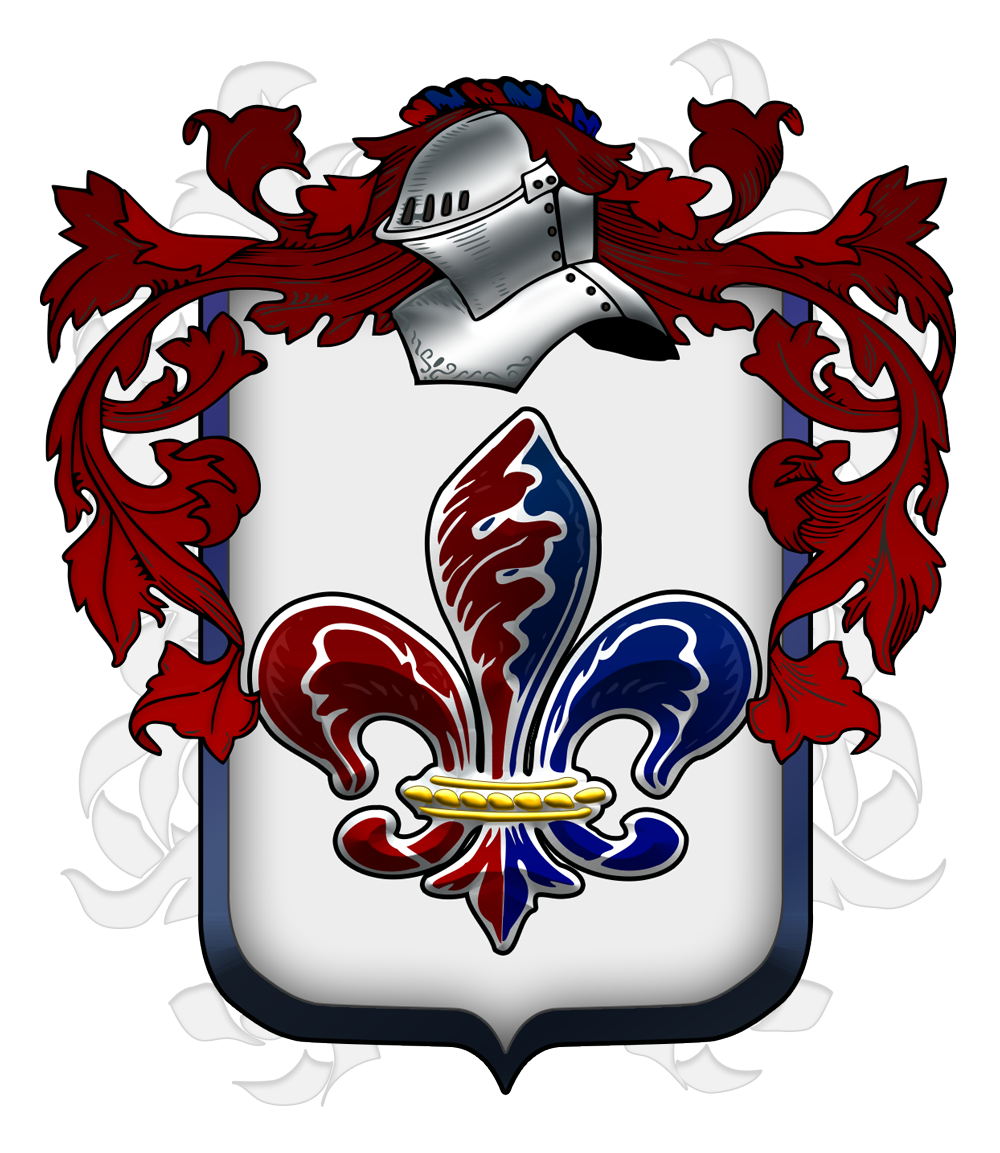John Ryle, who was appointed the first Bishop of Liverpool when the diocese was created in 1880, is buried in the churchyard at All Saints Church, Childwall.

Ryle was the son of a banker from Henbury, near Macclesfield in Cheshire. He was born in 1816 and went to school at Eton, then university at Oxford. After becoming seriously ill with chest problems whilst studying, he turned to God and read the Bible daily.
The illness was the first incident that sent Ryle into a career with the church and the second was his father being declared bankrupt. This ended his ambitions of becoming a Member of Parliament and he instead took holy orders, becoming a curate at the parish church in Exbury, Hampshire in 1842. The following year he transferred to Winchester and went on to have positions in Suffolk in the 1860s then, Norfolk, Cambridge and Oxford in the 1870s.
Ryle developed a reputation for giving sermons that were straightforward and fair, communicating across all classes with ease. He even developed a following in Central America, where a Reform Church was established in Mexico after reading one of his religious publications.
Although he had a progressive career with the church, there was tragedy in Ryle’s personal life. By the time he was 45 years old he had been widowed twice and had four children. In 1861 he married his third wife Henrietta, who he remained together with for 28 years until her death in 1889.
Early in 1880 Ryle was appointed as Dean of Salisbury. However almost immediately he was put forward to be the first Bishop of Liverpool after the creation of the new See. Ryle felt he was too old but Prime Minister Lord Beaconsfield dismissed his concerns, telling him he was of strong health. On 11th June that year he was formally consecrated at a ceremony in York Minister.

Ryle lived on the edge of the city centre at 19 Abercromby Square, formerly the home of a confederate supporter in the US Civil War. It had been bought by the Diocese and was as the Bishop’s Palace.
A big factor in Ryle’s appointment was his ability to speak in a language and tone that all classes could understand. This was his first appointment in a large urban area and the people of Liverpool soon took to him. He had a large frame and exuded an air of authority, but he was also softly spoken and saw his role as ensuring moral principles were adhered to. He soon set about organising the construction of churches across the city so that the message could be taken out to the people. He also called for local clergy to have more of an active role in the development of church policies.
As the 19th Century drew to a close Ryle began to suffer healthwise. His assistant, Bishop Royston, undertook his public engagements and it was announced that Ryle would formally retire on 1st March 1900. He moved to Lowestoft in Suffolk where he died three months later on 10th June. He was then interred at Childwall alongside his wife.
